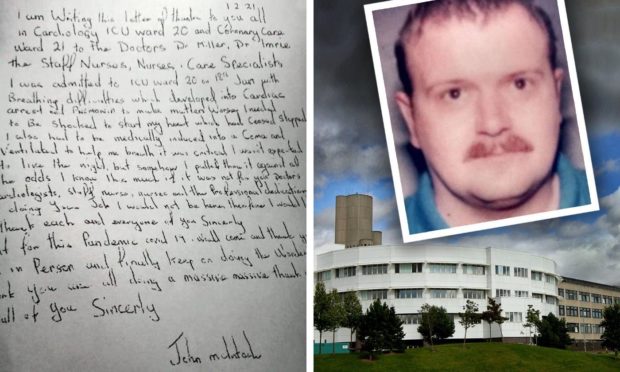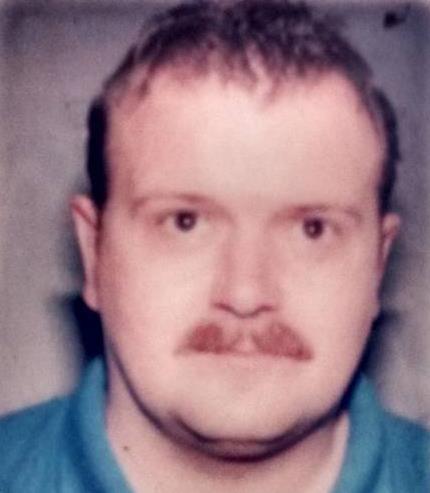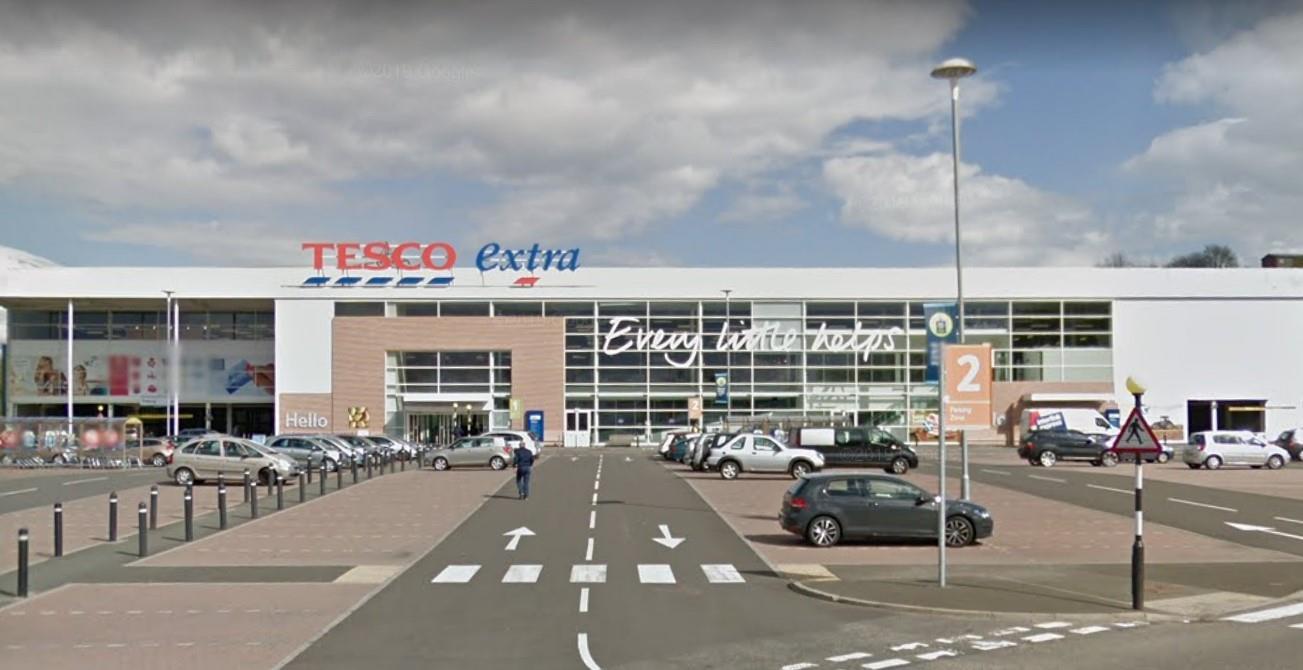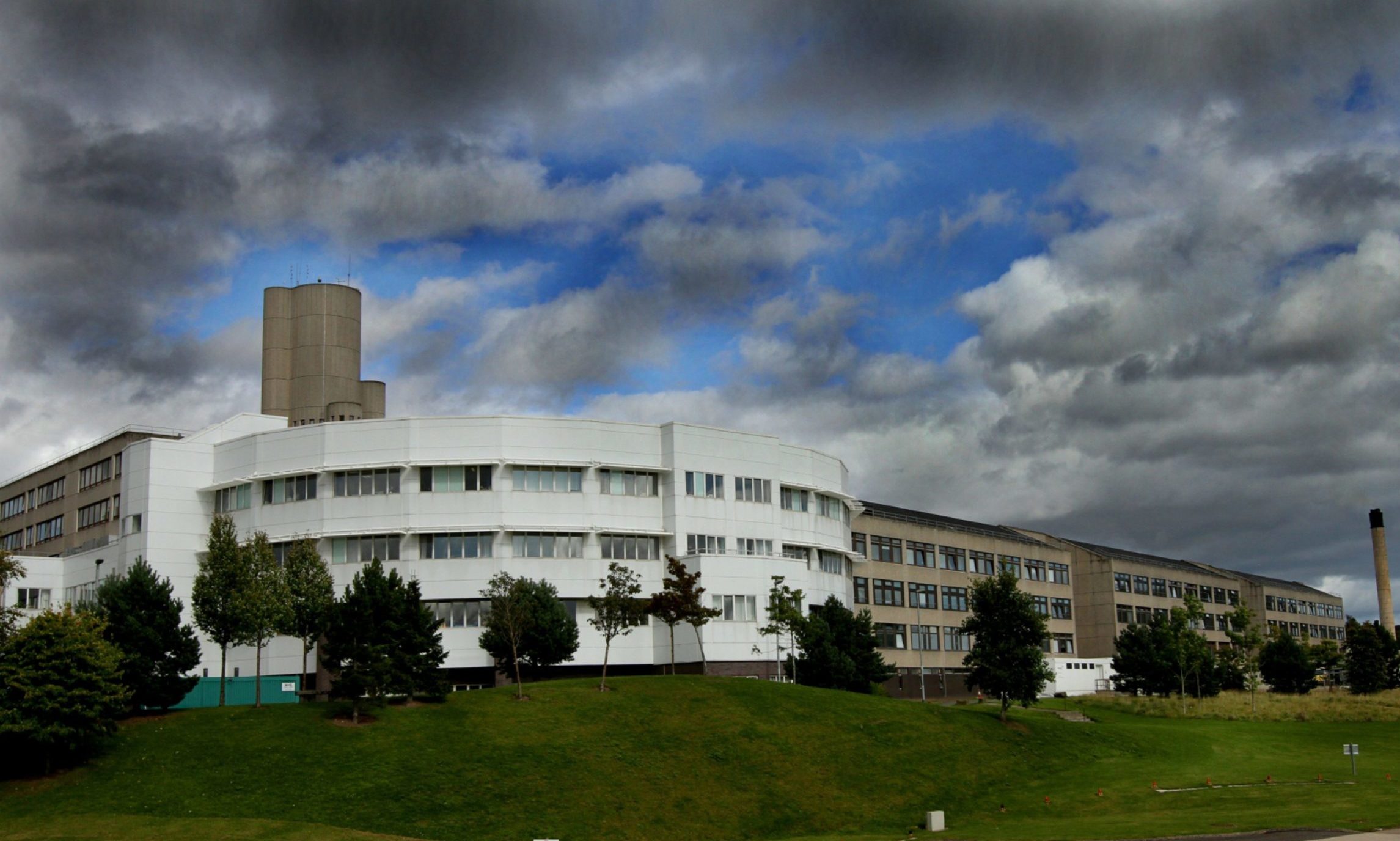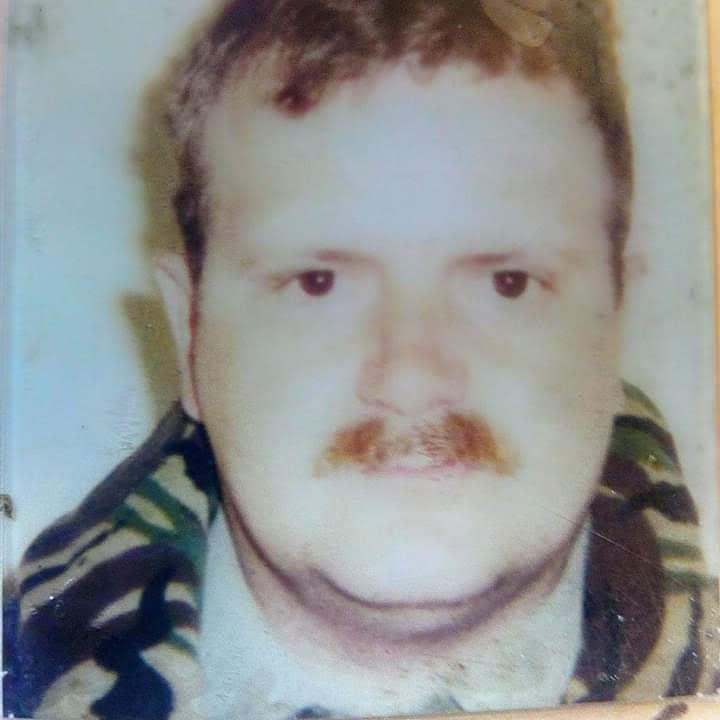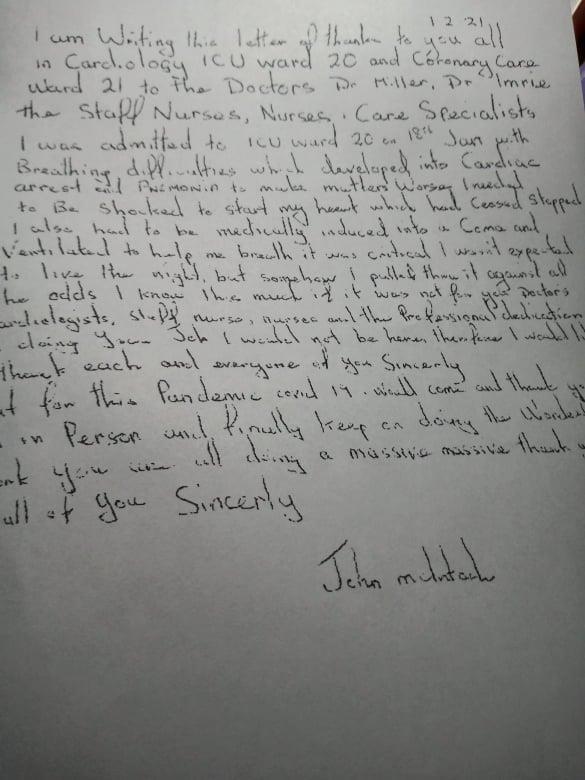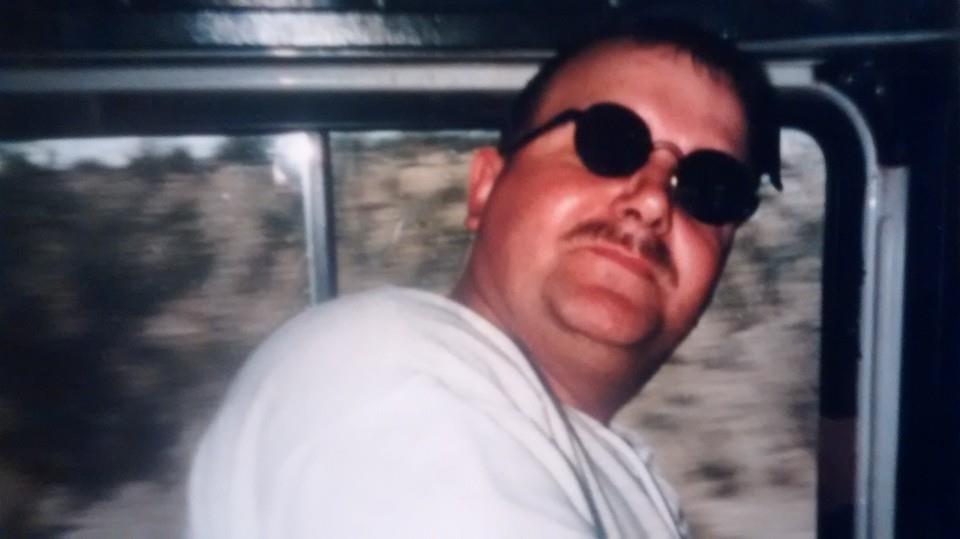A Dundee man whose heart stopped beating before falling into a coma for 48 hours has thanked the NHS doctors and nurses who saved his life.
John Mcintosh, 60, of Charleston, is “very lucky to be alive” after suffering a cardiac arrest in January.
Paramedics restarted his heart on a number of occasions and his neighbour was told to expect to never see him again.
But he somehow awoke from a two-day coma in a Ninewells bed and is now on the road to recovery.
“It’s thanks to the doctors and nurses that I am still here,” John says.
“I can’t praise them enough.”
‘I couldn’t breathe’
John has worked for Dundee City Council for 40 years.
For the first two decades he was a lifeguard and swimming teacher at the Olympia Leisure Centre.
He then moved to grass-cutting, where he spent the next 20 years.
John was on a day off when the incident took place on Monday January 18.
Late that morning he drove to Tesco on South Road but made it no further than the underground car park because he didn’t feel quite right.
After returning home he felt much worse.
“I was only in the door for about five minutes and suddenly became aware that I couldn’t breathe,” he says.
“Every time I tried to breathe my lungs were making a loud gurgling noise.
“I knew it was serious so called one of my neighbours for help.”
‘Everything went blank’
His neighbour, James Tallet, “took one look at me and knew I wasn’t well.”
He phoned 999 and within minutes there were two ambulances outside John’s home.
“They examined me and a guy hooked me onto a machine,” John recalls.
“They said my oxygen levels were zero and I was put in ambulance to go to accident and emergency.
“After that everything went blank.”
‘Don’t expect to see him again’
After seeing his neighbour put into an ambulance James asked a paramedic about his condition.
“Don’t expect to see him again,” he was told.
While in the ambulance John’s heart stopped beating and had to be restarted more than once.
“I’d had a heart attack and everything was shutting down.” he says. “I had to be defibrillated in the ambulance and put back to life.
“When I got to accident and emergency there was no pulse or heartbeat.”
Clinging on for dear life
Paramedics performed emergency CPR and managed to restart John’s heart.
He was put on a ventilator and placed in an induced coma.
“I knew absolutely nothing about it,” John says.
He was in a bed in Ninewells ward 21 clinging on for dear life.
‘I saw an intense bright light’
After 48 hours John’s condition improved so the decision was made to take him out of the coma.
“As I came out of it I saw an intense bright light, which must have been me starting to respond.
“I felt a sudden rush of air and wind in my face. It just kept going.
“I tried to talk and say ‘thank you’ but I couldn’t as there were too many tubes in my mouth.
“It was a surreal experience – the first time in 60 years of my life that I have been through anything like that.”
‘The doctors and nurses were amazed’
A cardiologist told him that he had suffered a heart attack and had pneumonia.
“Pneumonia kills a lot of people and within a day or two they said I was very lucky to be alive,” John says.
“The doctors and nurses were amazed by how quickly I came around.”
‘I was in a right state… I realised I had escaped death.’
The gravity of what had happened began to sink in.
“At ward 21 the nurses regularly came over to check up on me and give me cups of tea,” John says.
“In the middle of the ward there is a big desk with monitors and you see doctors writing notes.
“At one point I looked at this and realised the huge amount of effort that goes into their job.
“I started crying and I was in a right state… I realised I had escaped death.
“If it was not for the doctors and nurses I would not be here. I couldn’t thank them enough.”
Weakness led to attack
John was transferred to the intensive care unit on ward 20.
A week later he was moved to ward 1, where tests detected a weakness in his left ventricle that led to the heart attack.
He was put on medication that he will have to take for the rest of his life.
‘I would love to thank them in person’
After being discharged on February 1 John wrote a letter to thank the medical staff who helped him.
He also bought them a box of chocolates.
“The doctors and nurses don’t really got the accolades they deserve for the long hours they do but they are worth their weight in gold,” he says.
“I would love to thank them in person because when I was in there were Covid restrictions and I couldn’t properly thank them.”
‘You only have one shot at life’
John has decided to take early retirement to concentrate on his rehabilitation.
“I realised that I didn’t want to go back and take a risk because if it does happen again I might not be so lucky.”
He is considering buying an electric bike so he can continue his hobby of cycling.
John also wants to return to swimming regularly to boost his health.
The experience has further encouraged him to plan a visit to his cousins in Manitoba in Canada.
“A lot of people take life for granted,” he says.
“That day started like any normal one but by dinner time I was fighting for my life.
“An experience like that makes you realise how fragile and precious life is.
“You only have one shot at it so have to make the most of it.”
